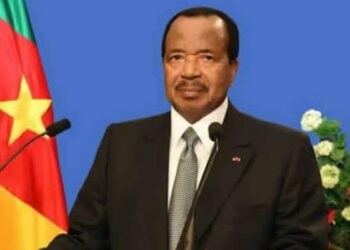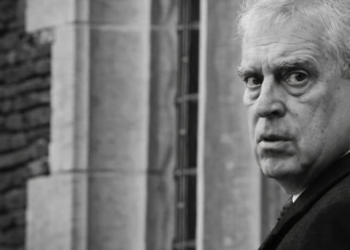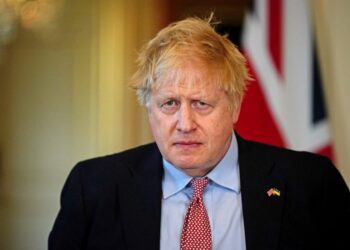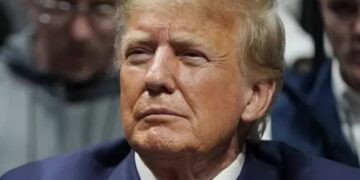Cameroonian President, Paul Biya had on Tuesday, July 9, secured endorsement from lawmakers to postpone the parliamentary and local elections until 2026. With this development, opposition parties are worried that it could make it harder for them to mount a challenge in next year’s presidential election.
The Lawmakers in Biya’s party, Cameroon People’s Democratic Movement have a majority say in the National Assembly and thus voted in favour of the bill to be delayed a year i.e. till March 2026.
Due to this, legislative elections – and municipal elections which are usually combined together – will take place after the 2025 presidential poll.
Biya, at 91 years old is one of Africa’s longest-serving presidents. He took over the mantle from President Ahmadou Ahidjo in 1982 and since then, he has won a series of elections, most recently a 2018 vote that his opponents called fraudulent.

The Cameroon electoral code mandates that a presidential candidate can only be nominated by a political party that has representation in the National Assembly, Senate, Regional Council or Municipal Council, or has a recommendation from at least 300 notable individuals.
Biya’s main opponent in 2018, Mayrice Kamto had no such representation as his party blacklisted the last municipal and legislative elections over the lack of electoral reforms.
What They’re Saying
François Wakata Bolvine, the minister delegate of the presidency charged with relating with the assemblies had said that the delay was necessary to “lighten the electoral calendar” as the central African nation originally had four polls – including regional council polls – earmarked for next year.
Joshua Osih, an opposition lawmaker and chairman of the Social Democratic Front (SDF) party, had meanwhile, said that delaying the elections was completely undemocratic, during a press conference.
“The SDF is strongly opposed,” he was quoted to have said.
Many politicians in the opposition camp are worried that the extension could weaken the challenge to Biya, because holding legislative and municipal elections in the next year could have given them momentum ahead of the presidential election scheduled for October 2025.

















